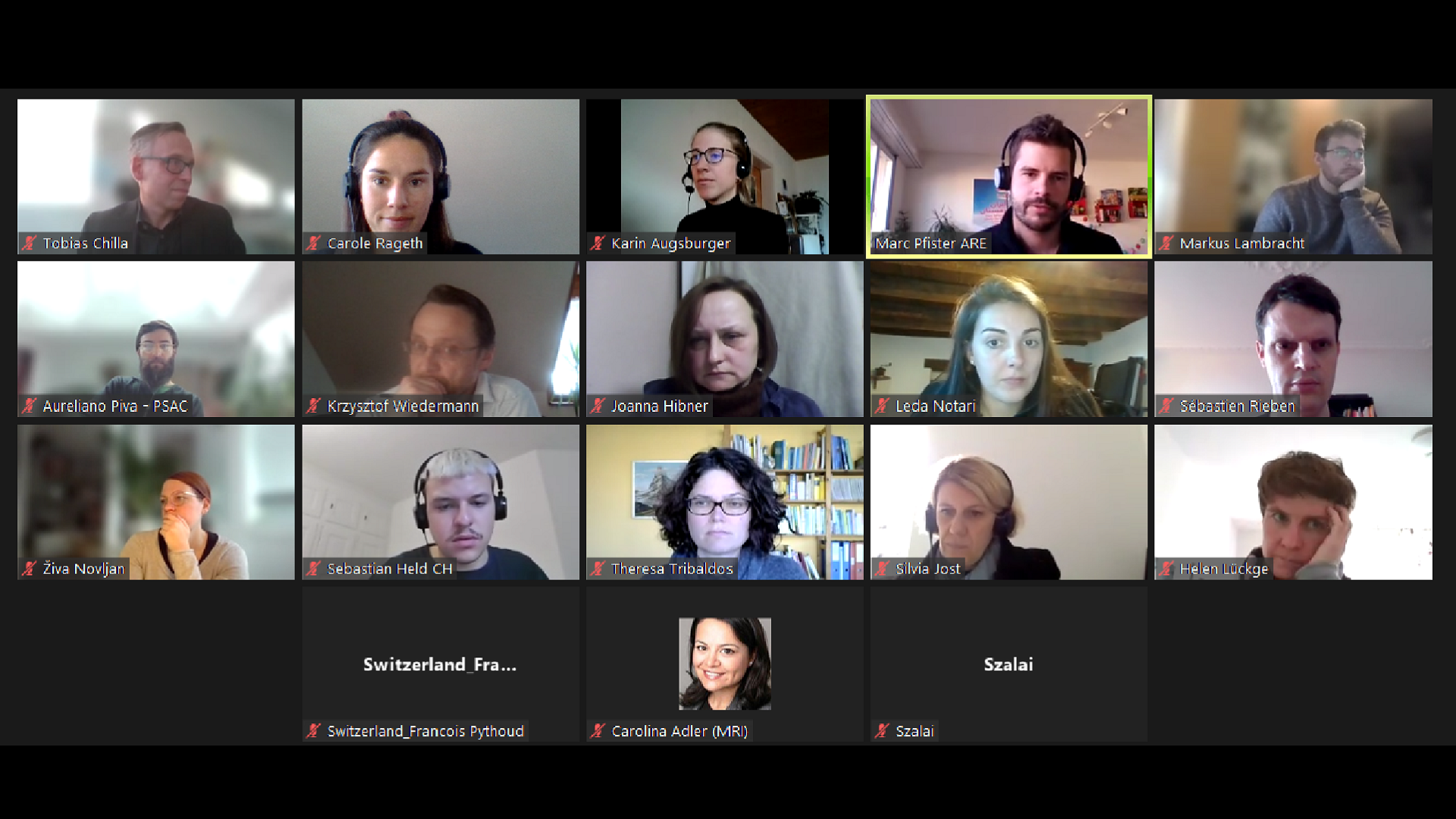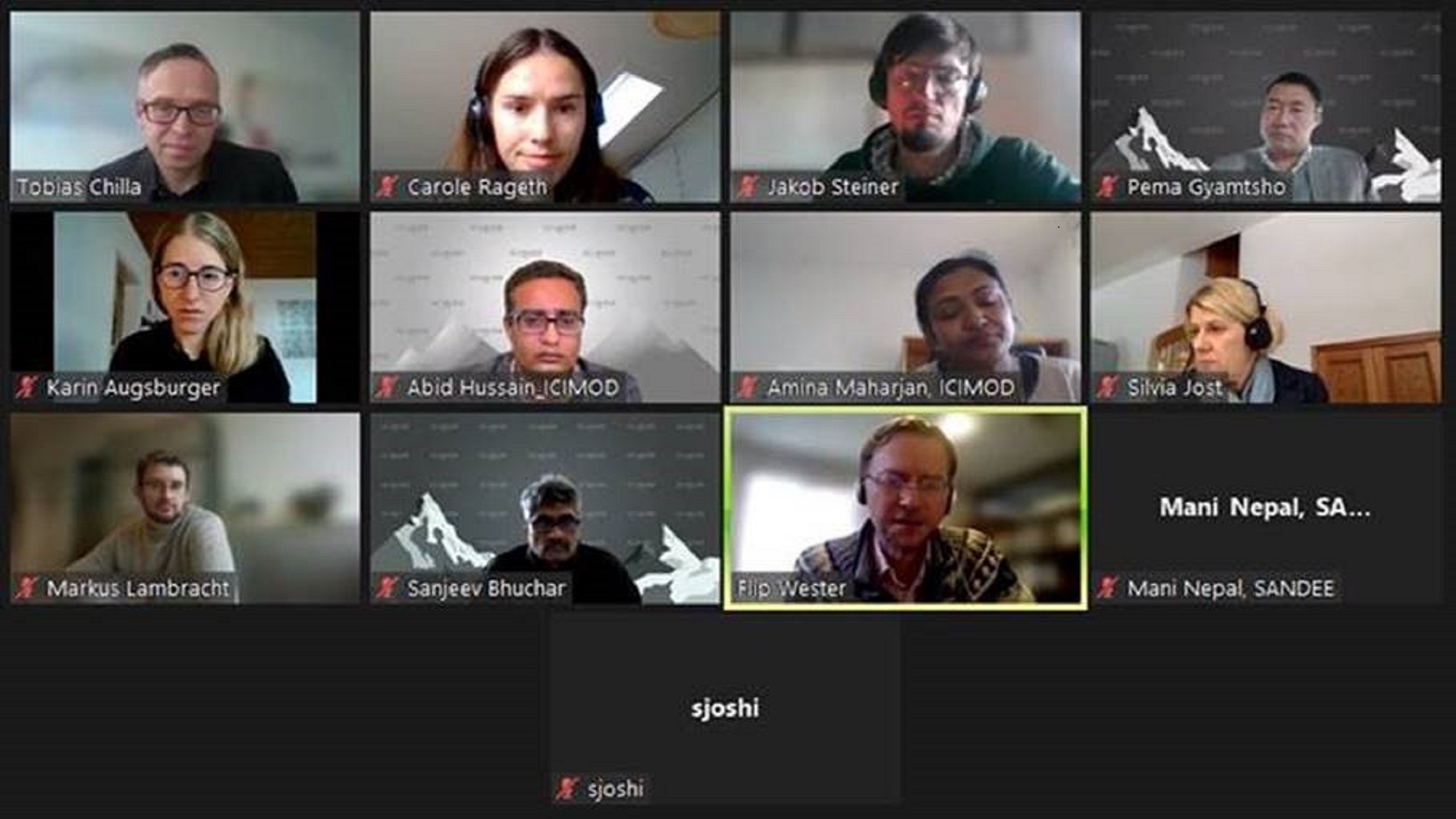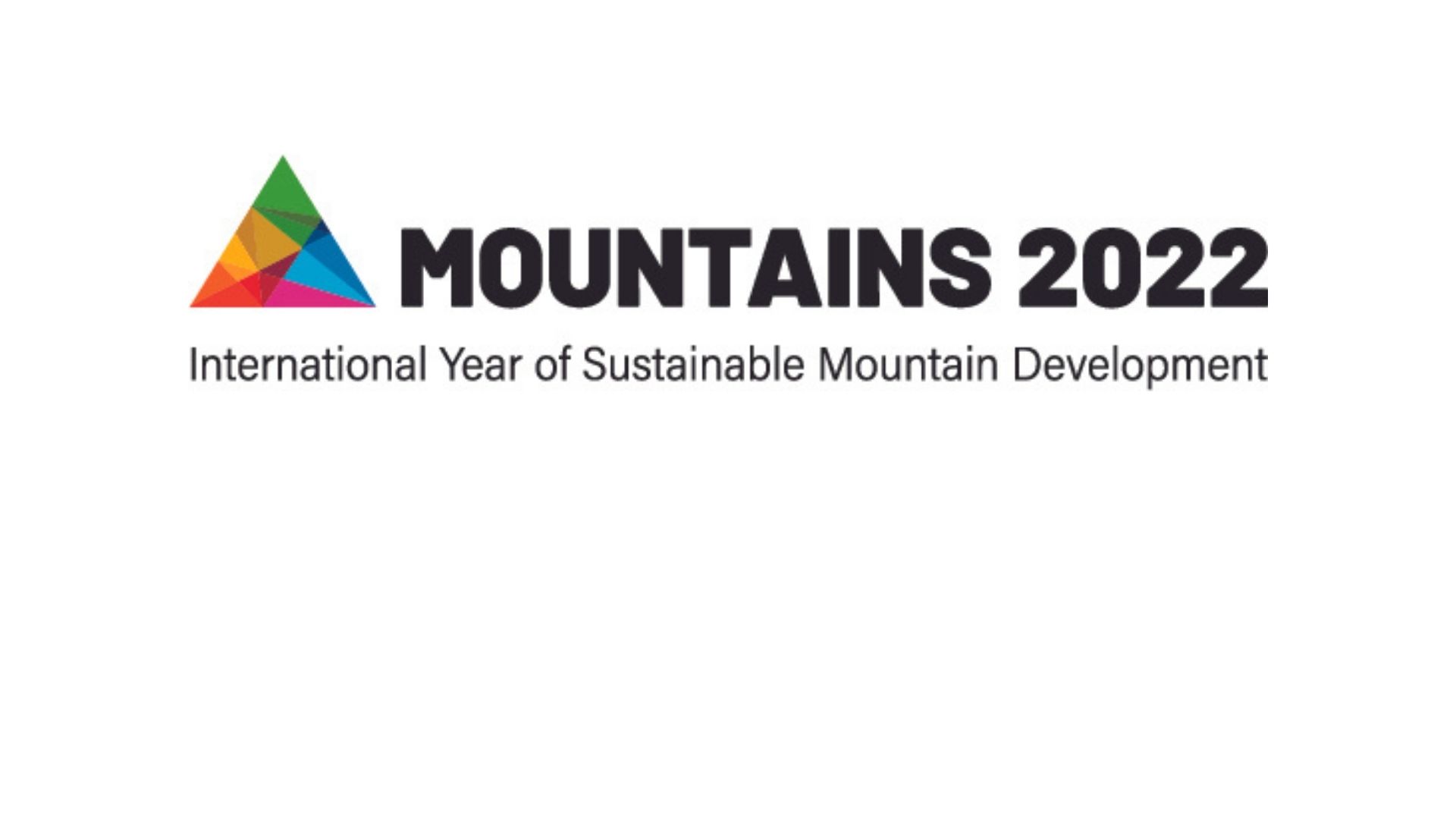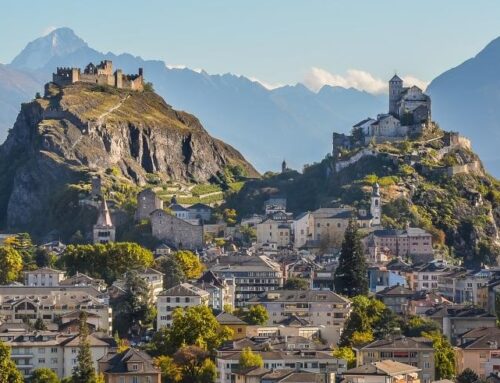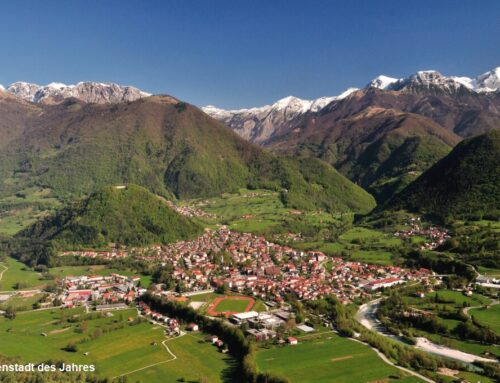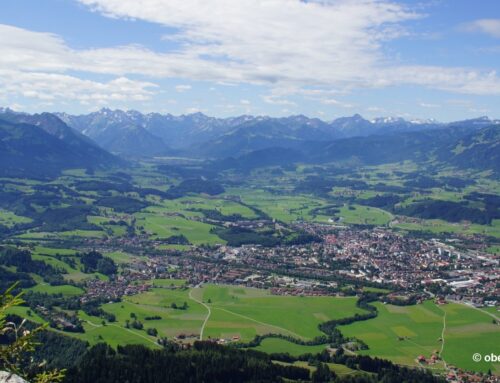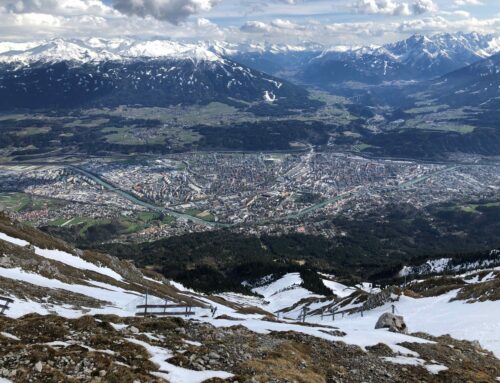What can Alpine towns contribute to the sustainable development of the Alpine arc? With the ninth Report on the State of the Alps (RSA), the Swiss Presidency wants to explore the potential of Alpine settlement systems. The report will deliver many insights how towns can contribute to solve challenges for the environment, demography, mobility and economy. Do these findings also apply to other mountain areas, worldwide? To answer this question, the Swiss Presidency, the authors of the report, and representatives of the Alpine Convention, started an international exchange between different mountain regions and stakeholders on Alpine Towns. The cooperation and collaboration between mountain regions worldwide is of great importance to the Alpine Convention – especially during the UN International Year of Sustainable Mountain Development in 2022.
On the 7th of February 2022 there has already taken place a first International Exchange. Amongst the participants were representatives from the Carpathian Convention, the Mountain Research Initiative (MRI), the Centre for Development and Environment (CDE) , and Switzerland’s Permanent Representative to FAO, IFAD and WFP. Due to the time difference, a second exchange followed on the 15th of February with representatives of ICIMOD from the Hindu Kush Himalayan region.
Since the exchange meetings were focusing on the analytical part of the RSA, the authors of this analytical part from the University of Erlangen-Nürnberg presented its most important findings. In response, the participants shared their experiences on the respective topics and made comparisons between the different mountain regions. As the RSA had also concluded, the representatives of the other mountain regions and organisations confirmed the great importance of mountain towns (more than 5’000 inhabitants) for their bigger surrounding areas. Even though they are smaller than urban settlements in non-mountain regions, they are more functional and more significant. For example, they can be of great economic relevance but also play a key role regarding quality of life. The key message of both exchange meetings is that other mountain regions and particularly mountain towns face similar challenges and opportunities. However, basic prerequisites are quite different in some cases.
Finally, the attendees expressed their appreciation for this International Exchange. All of the participants are interested in further cooperation and collaboration between the different mountain regions and the stakeholders on towns in mountain areas.
If you have any further questions about the Report on the State of the Alps or the International Exchanges feel free to contact us at AlpineConvention@are.admin.ch
